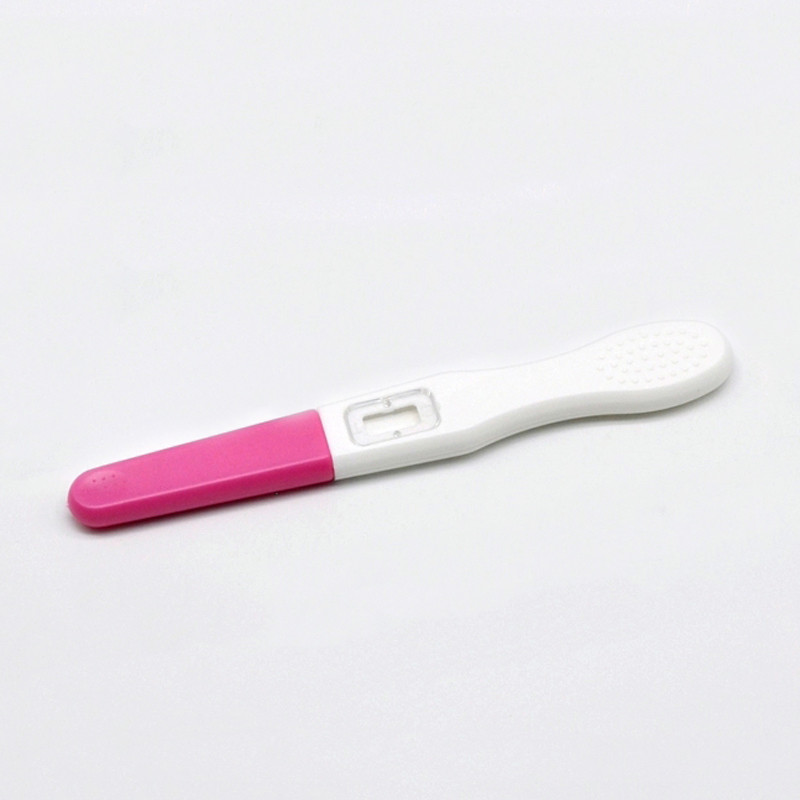Dec . 06, 2024 20:20 Back to list
buy rapid diagnostic test for malaria suppliers
Buying Rapid Diagnostic Tests for Malaria A Guide to Suppliers
Malaria remains one of the most significant public health challenges worldwide, particularly in tropical and subtropical regions. The disease is caused by the Plasmodium parasite, transmitted to humans through the bites of infected Anopheles mosquitoes. Early diagnosis and treatment are crucial to managing malaria cases and preventing severe health outcomes, which is where rapid diagnostic tests (RDTs) play a crucial role. In recent years, the demand for RDTs for malaria has increased exponentially, leading to a diverse range of suppliers entering the market.
The Importance of Rapid Diagnostic Tests
Rapid diagnostic tests offer several advantages over traditional diagnostic methods, such as microscopy. RDTs are particularly effective in settings where laboratory facilities and trained personnel may be lacking. These tests provide quick results, often in less than 30 minutes, which is essential for timely treatment decisions. With their ease of use and minimal training requirements, RDTs have become invaluable tools in the fight against malaria, especially in remote and underserved regions.
Factors to Consider When Choosing Suppliers
1. Quality of Tests The quality of RDTs is paramount. When evaluating suppliers, ensure that their tests are approved by relevant health authorities and meet the World Health Organization (WHO) guidelines. A well-validated test that has undergone rigorous testing for sensitivity and specificity is critical for reliable diagnosis.
2. Range of Products Different malaria species require different diagnostic approaches. Ensure that the supplier offers a range of RDTs capable of detecting various species of Plasmodium, including P. falciparum, which is the most deadly form. Additionally, suppliers should provide tests for mixed infections.
3. Supply Chain Reliability When purchasing medical supplies, the reliability of the supplier is crucial. Investigate their logistics capabilities to ensure timely and efficient delivery, especially in regions where malaria is prevalent. A consistent and reliable supply chain can prevent stockouts in healthcare settings where RDTs are urgently needed.
buy rapid diagnostic test for malaria suppliers

4. Cost-Effectiveness Budget constraints are often a reality for healthcare providers, especially in low-income settings. Suppliers should offer competitive pricing without compromising on quality. Consider not only the cost per test but also the overall value, including shipping fees, warranty, and support services.
5. Technical Support and Training Some suppliers offer training for healthcare workers on how to use RDTs effectively. This can significantly improve the accuracy of diagnoses and the overall usefulness of the tests. Evaluate whether the supplier provides adequate technical support and resources to empower your team.
6. Regulatory Compliance Ensure that the supplier complies with local and international regulations governing medical device procurement. This may include certifications from health regulatory authorities that validate the quality and safety of their products.
Where to Find Suppliers
- Online Marketplaces Many suppliers use online platforms to market their RDTs. Websites such as Alibaba and Global Sources provide a variety of options, but due diligence is necessary to assess the reliability of suppliers. - Industry Conferences and Trade Shows Attending medical and health conferences can be an excellent way to meet suppliers, evaluate their products firsthand, and establish relationships.
- Professional Networks Engaging with professional networks, including local health organizations and international NGOs, can provide insights into reputable suppliers who have successfully navigated the procurement process.
Conclusion
With the increasing prevalence of malaria worldwide, the demand for rapid diagnostic tests is more critical than ever. Choosing the right supplier for RDTs involves careful consideration of quality, reliability, cost, and support. By taking the time to evaluate potential suppliers, healthcare providers can ensure they have the best tools at their disposal to diagnose and treat malaria effectively, ultimately saving lives and improving health outcomes in affected communities.
-
Highly Accurate hCG Pregnancy Test Strips - 5 Min Results
NewsAug.02,2025
-
Premium Empty ABS Plastic Cassettes: Durable & Lightweight Storage
NewsAug.01,2025
-
Accurate Cocaine (Coc) Rapid Test Kit | Fast & Reliable Detection
NewsJul.31,2025
-
Accurate HCG Pregnancy Test Strips | Fast Home Use Kit
NewsJul.31,2025
-
Reliable Early Pregnancy Test Kit Supplier - Multi Plastic Cassette Options
NewsJul.30,2025
-
Transferrin Rapid Test Cassette – Reliable Tumor Marker Detection
NewsJul.29,2025

